The International Baccalaureate (IB) program is renowned for its rigorous academic standards and holistic approach to education. It offers two main pathways for high school students: the IB Diploma and the IB Certificate. While both are part of the IB curriculum, they cater to different student needs and goals. These programs are available in many Swiss boarding schools, providing students with a unique and diverse educational experience.

The IB Diploma Program is a comprehensive, two-year curriculum designed for students aged 16 to 19. It aims to develop students who have excellent breadth and depth of knowledge. The IBDP requires students to take courses across six subject groups:
In addition to these courses, students must complete three core components:
To earn the IB Diploma, students must take three subjects at the Higher Level (HL) and three at the Standard Level (SL), passing assessments in each. They must also successfully complete the EE, TOK, and CAS requirements.
The IB Certificate, also known as IB Course Certificates, is more flexible and less comprehensive than the IB Diploma. Students can choose to take individual IB courses without committing to the full diploma program. Each course completed is awarded a certificate, recognizing their achievement in that particular subject.
Unlike the IBDP, the IB Certificate does not require students to complete the core components of EE, TOK, or CAS. This option is often chosen by students who want to challenge themselves with IB-level coursework in specific subjects while pursuing other academic or extracurricular interests.
The IBDP is known for its academic rigor and is often considered more challenging than the IB Certificate. The requirement to take courses in six different subjects, along with the core components, demands a significant commitment from students. This rigorous approach is designed to prepare students for higher education and develop well-rounded, knowledgeable individuals.
On the other hand, the IB Certificate offers greater flexibility. Students can select the courses that align with their interests and strengths, allowing them to focus on areas where they excel or need specific preparation for future studies. This flexibility makes the IB Certificate a viable option for students who may not want or need the breadth of the full diploma program.
The IB Diploma is highly regarded by universities worldwide. Its comprehensive nature and the inclusion of the core components make it a strong indicator of a student’s preparedness for higher education. Many universities offer advanced standing or course credits to IB Diploma holders, recognizing the depth and rigor of their studies.
While individual IB courses are also respected by universities, the IB Certificate does not carry the same weight as the full diploma. However, strong performance in IB courses can still enhance a student’s university application, demonstrating their ability to succeed in challenging academic environments. Some universities may also offer course credits for high scores in specific IB subjects.

Students pursuing the IB Diploma often experience a highly structured and demanding educational journey. The need to balance six subjects, along with the core components, fosters time management, research skills, and critical thinking. The holistic nature of the IBDP aims to develop students not only academically but also personally and socially.
The experience of IB Certificate students varies depending on the number and combination of courses they take. This pathway can offer a more balanced approach for students who wish to excel in particular subjects while having the flexibility to engage in other interests, such as sports, arts, or vocational training.
The choice between the IB Diploma and the IB Certificate depends largely on a student’s academic goals, interests, and future plans. The IB Diploma offers a comprehensive and rigorous education that prepares students for university and beyond, while the IB Certificate provides flexibility, allowing students to tailor their education to their strengths and interests. Both pathways uphold the IB’s commitment to high academic standards and the development of well-rounded individuals, ensuring that students are equipped with the skills and knowledge needed for success in a globalized world.
